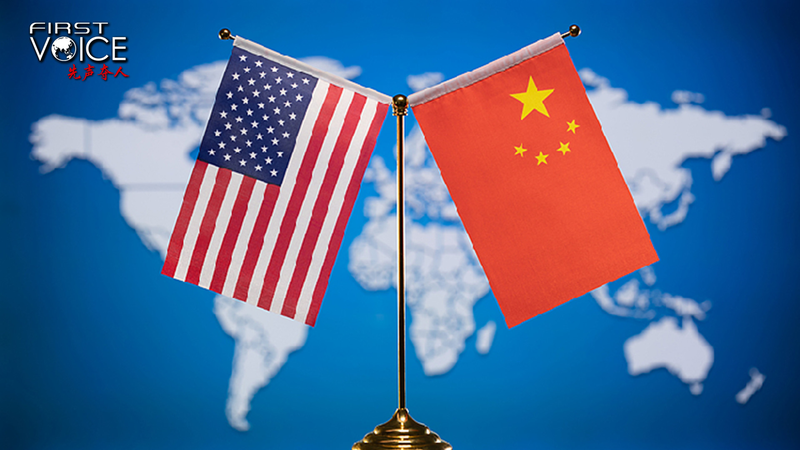In a much-anticipated joint statement released on May 12 in Geneva, China and the U.S. agreed to temporarily suspend tariffs and revive trade negotiations, offering a brief reprieve for markets worldwide.
After two days of intensive talks, Beijing and Washington will roll back tariffs for 90 days – the first step in a roadmap designed to steer bilateral relations back from the brink. The agreement also establishes a high-level channel between Chinese Vice Premier He Lifeng and U.S. Treasury Secretary Scott Bessent as well as U.S. Trade Representative Jamieson Greer.
The move arrives amid growing global concerns: the IMF recently cut its forecast for global growth this year from 3.3% to 2.8%, citing escalating trade barriers as a key headwind – an even steeper downgrade than after the Russia-Ukraine conflict.
Trade-dependent economies such as Malaysia are watching closely. Prime Minister Anwar Ibrahim warned that high tariffs on China could derail his country’s growth trajectory, highlighting how policy shifts in major powers ripple through interconnected markets.
Analysts say the 90-day tariff pause could be more than a timeout – it may lay groundwork for collaboration on technology, climate and security. But long-term stability hinges on consistent dialogue and mutual concessions beyond the negotiating table.
Reference(s):
China-U.S. joint statement a good foundation, more needs to be done
cgtn.com




